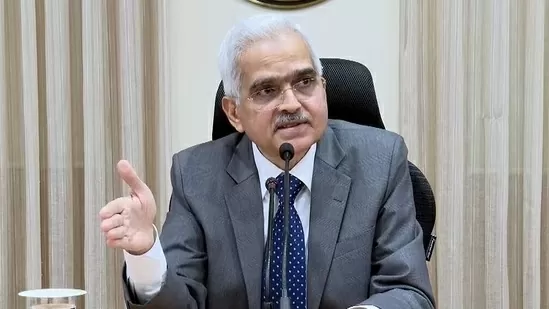New Delhi. If you pay EMI of any loan then there is good news for you. Actually, the Reserve Bank of India (RBI) has implemented new guidelines related to Penal Charge and Penal Interest on loan accounts. These rules are effective from April 1. These rules prevent banks and finance companies from charging extra from borrowers for defaulting in loan payments or breaking other loan rules.
The Reserve Bank of India has stopped banks and finance companies from charging penal interest, which is often charged to customers for delay in payment of equated monthly installments (EMIs). However, RBI has given permission to the lender to impose penalty charges. However, banks should ensure that these charges are not added to the loan amount or additional interest is calculated on them.
Banks impose charges to increase revenue
The purpose behind imposing penal interest and charges is to create a sense of loan discipline. These charges should not be used to increase revenue. However, the central bank’s review found that banks and finance companies impose fines and charges to increase their income, which leads to customer complaints and disputes.
Penal Charge Vs Penal Interest
In case of default or non-compliance, lenders often impose penalties, which may be in the form of a fixed charge (penal charge) or additional interest (penal interest). Penal charge is a fixed payment charge and is not added to the interest whereas penal interest is a rate added to the existing interest rate charged from the customer.

